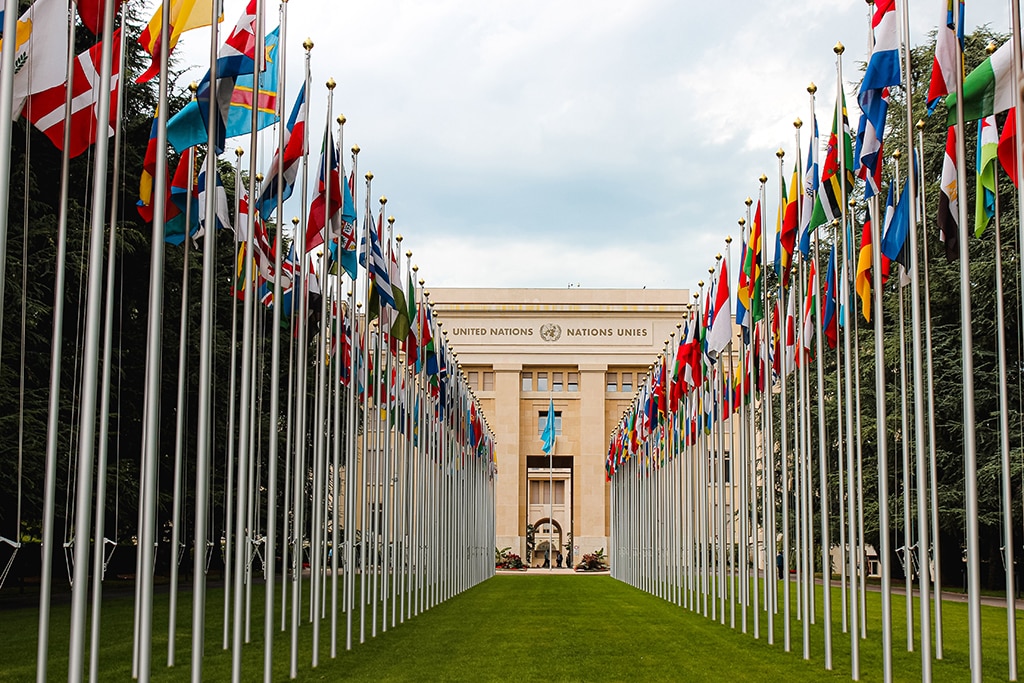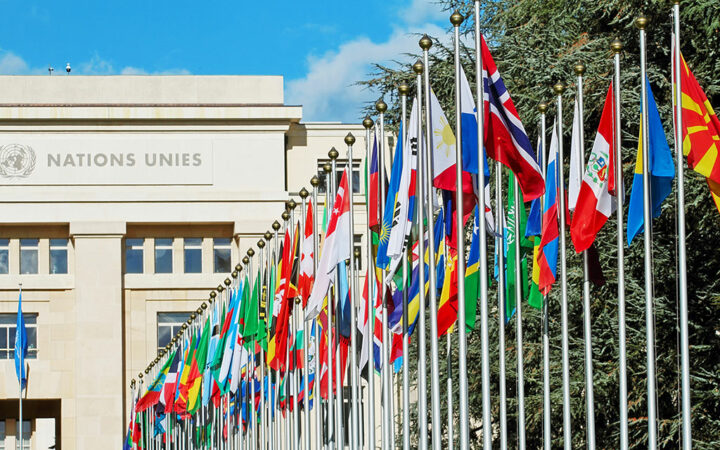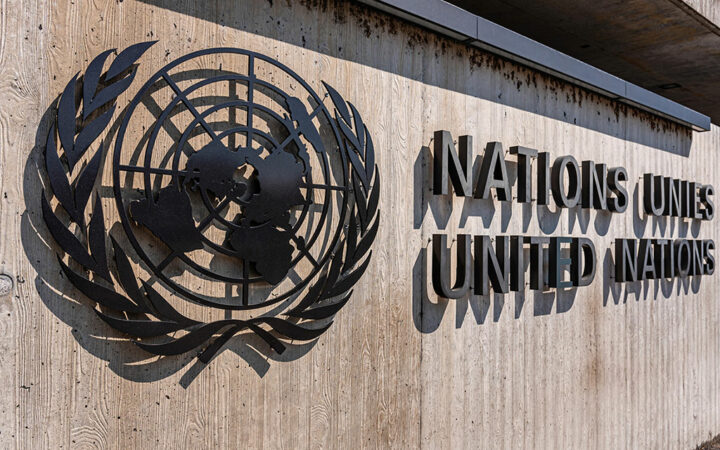
Darya is a crypto enthusiast who strongly believes in the future of blockchain. Being a hospitality professional, she is interested in finding the ways blockchain can change different industries and bring our life to a different level.
According to the UN, the threats posed by cryptocurrencies overweight their advantages, and the use of cryptos may result in financial instability risks and bring more opportunities for illicit financial activities.

United Nations (UN) organization seems to be quite skeptical about the growth of the crypto industry and the mass adoption of blockchain. In its recent policy brief, the UN has called on developing countries for taking measures against cryptos, such as banning Bitcoin (BTC) ads and mandatory registration of crypto exchanges and digital wallets.
In June, the United Nations Conference on Trade and Development (UNCTAD) released a document titled “All that glitters is not gold”, which described the risks you might face when dealing with cryptos and provided recommendations on the policy countries should employ to protect their economies.
According to the UN, the cryptocurrency ecosystem expanded by 2,300 percent between September 2019 and June 2021, especially in developing countries. The main reasons behind this growth are the attractive price and speed features of cryptos when using them for remittances, as well as their ability to protect savings in countries with currency depreciation and rising inflation. For example, El Salvador passed a law in June of 2021 to recognize Bitcoin as legal tender in the country, giving it equal status as the US Dollar, which was the primary currency used up to that point.
Seems that the benefits you can get from using digital assets are great, however, as the UN warns, the risks posed by the use of cryptocurrencies overweight their advantages. According to the UN, the use of cryptocurrencies may result in financial instability risks and bring more opportunities for illicit financial activities. Further, cryptos undermine the effectiveness of capital controls. In addition, broad use of cryptos, especially as a means of payment, might jeopardize the monetary sovereignty of countries.
Among the countries with the highest rate of crypto, adoption are Pakistan, Venezuela, Ukraine, Kenya, and Nigeria. Notably, Africa is the fastest-growing cryptocurrency market among developing economies.
Saying that countries should be careful when it comes to crypto adoption, the UN calls for comprehensive financial regulation. In particular, the organization recommends introducing the mandatory registration of crypto exchanges and digital wallets, which would make the use of cryptocurrencies less attractive. Further, it says that regulated financial institutions should prohibit holding stablecoins and cryptocurrencies or offering related products to clients. In addition, there must be proper regulatory guidance on decentralized finance. Other measures include a ban on crypto-related advertisements and creating a public payment system to serve as a public good.
Penelope Hawkins, an economist and senior economic affairs officer at UNCTAD, said:
“It’s not about approving or disapproving [of crypto] But pointing out that there are social risks and costs associated with cryptocurrencies. This is a recommendation that applies to any speculative or high-risk financial products where returns are uncertain.”
Notably, earlier, the UN seemed to support blockchain. Last year, the organizations was looking for ways blockchain could help combat climate change. Besides, the United Nations Children’s Fund (UNICEF) also embraced NFTs as a way to help raise funds in support of their mission. In December 2021, UNICEF announced a plan to sell 1,000 NFTs to commemorate its 75th anniversary.
Disclaimer: Coinspeaker is committed to providing unbiased and transparent reporting. This article aims to deliver accurate and timely information but should not be taken as financial or investment advice. Since market conditions can change rapidly, we encourage you to verify information on your own and consult with a professional before making any decisions based on this content.

Darya is a crypto enthusiast who strongly believes in the future of blockchain. Being a hospitality professional, she is interested in finding the ways blockchain can change different industries and bring our life to a different level.




